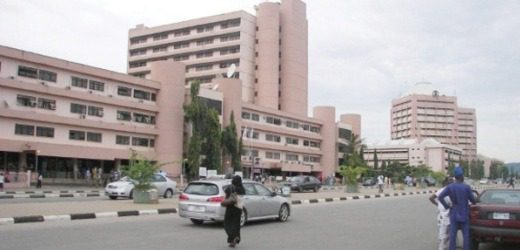Democracy & Governance
Developing The Nigerian Civil Service.

The Nigerian Civil Service consists of employees from government agencies excluding the military and other armed forces. Structurally, even some specialized institutions such as the universities and research centers do not belong to the core civil service and are as such, insulated from some of the civil service laws and regulations. The civil service is that organ of government that enjoys perpetuity, job security, and assists in the formulation and implementation of government policies.
The Nigeria Civil Service is fashioned to suit the British colonial masters to acquire their ulterior motive for the colonization of Nigeria nay African. Abinitio, the colonialist did not intend the system to be developmental in nature, and sadly, when the Nigerian elites took over, they towed the footprint of the ‘whites’ and did not do much to develop the system. This has occasioned series of reforms which are intended to make the system become more efficient.
The Civil Service is mainly organized around the federal ministries, headed by a minister appointed by the president, who must include at least one member of each of the 36 states in his cabinet. The president’s appointments are confirmed by the Nigerian senate. The civil service is present in the 36 states in the federation. In some cases, a federal minister is responsible for more than one ministry (e.g environment and housing may be combined), and a minister may be assisted by one or more ministers of state. Each ministry also has a permanent secretary, who is a senior civil servant. The ministries are responsible for various parastatals (government-owned corporations) such as universities (Education), National Broadcasting Commission (Information) etc. Other parastatals are the responsibility of the office of the presidency, such as the Independent National Electoral Commission, Economic and Financial Crime Commission and the Federal Civil Service Commission.
Nigeria is a complex country with numerous ethnic groups. These ethnic groups were brought together to form one country called Nigeria. Prior to 1914, Nigeria was two different countries known as the Southern and Northern protectorates. Nigeria gained full independence in October 1960 under a constitution that provided for a parliamentary government and a substantial measure of self-government for the country’s three regions. After the departure of the British colonial government, the Nigerian government took over the civil service that the colonialists left behind but did nothing to restructure or develop it. The system, instead of improving, become worse as the indigenes devoted more time in behaving like ‘African Oyinbo’, a term which is commonly referred to as ‘black man in a white man’s skin’!
As a result of this, various panels have studied and made recommendations to reform the civil service. Notable among them are: the Morgan Commission of 1963, the Adebo Commission of 1971, and so on. A major change occurred with the adoption in 1979 of a constitution modeled on that of the United State. Then again, 1988 civil service reorganization decree promulgated by General Ibrahim Babangida had a major impact on the structure and efficiency of the civil service. The later report of the Agida panel made recommendations to reverse some of the past innovations and to return to the more efficiently civil service of earlier years.
Apart from the aforementioned reforms, the civil service has been undergoing gradual and systematic reforms and restructuring since may 29, 1999 after decades of military rule. However, the system is still considered stagnant and inefficient, and the attempts made in the past by panels have had little effect on its efficiency and effectiveness.
This restructuring that has lingered for decades needs to be done now and in a lightening speed otherwise, the worst of the very worst will happen to Nigeria and Nigerians will find it difficult to regain themselves.


















